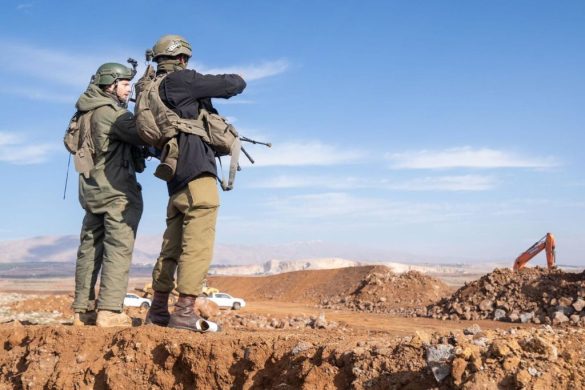ights group calls for official Nepalese action to stop forced disappearances
A United Nations working group has called on the Government of Nepal to honour its international human rights obligations in order to stop the forced disappearances of suspects in its war with Maoist rebels, including a total ban on incommunicado detention and full protection for human rights workers.
Although the groups mandate is restricted to the obligations of state authorities, it also called on the Maoists to respect human rights. The restriction “in no way reduces the urgent need for the Maoists to respect international humanitarian law obligations and the physical integrity of their fellow citizens to reduce their suffering, it said Tuesday at the end of a nine-day visit to the Himalayan kingdom.
The Chairperson-Rapporteur of the Working Group on Enforced or Involuntary Disappearances of the UN Commission on Human Rights, Stephen J. Toope, thanked the Nepalese authorities for their full cooperation in assuring that all meetings requested were held, and that all discussions took place in an open and constructive manner.
The Group met with state officials, ranging from the king and prime minister to army commanders, police and judicial officers, as well as with representatives of local non-governmental organizations (NGOs) from across the country.
Mr. Toope said some of the issues of most serious concern were the lack of legal protections for people detained on suspicion of being Maoists or having information about the Maoists. Despite national provisions and international obligations, fundamental norms of human rights are reportedly widely violated, he added.
Reports of so-called “preventative detention” by plainclothes security forces, and subsequent detention in army barracks, often with no legal order for detention, and no access to a judge, lawyer or family, came from all parts of the country, he said. Torture and abuse of the detainees was also widely reported and concerns were repeatedly raised over impunity for human rights abuses by the security forces.
Human rights defenders are also widely reported to be under constant threat for their work on disappearances, in particular in the regions outside of Kathmandu, the capital. One human rights defender who works on disappearances reported having an Army official come to his office and point a gun at his head, Mr. Toope said.
The Group called for enforcement of a complete ban on incommunicado detention in army barracks, protection of human rights defenders from persecution for their work and unhindered access for the National Human Rights Commission to all places of detention, without prior notification or permission.
Kilde: FNs nyhedstjeneste















